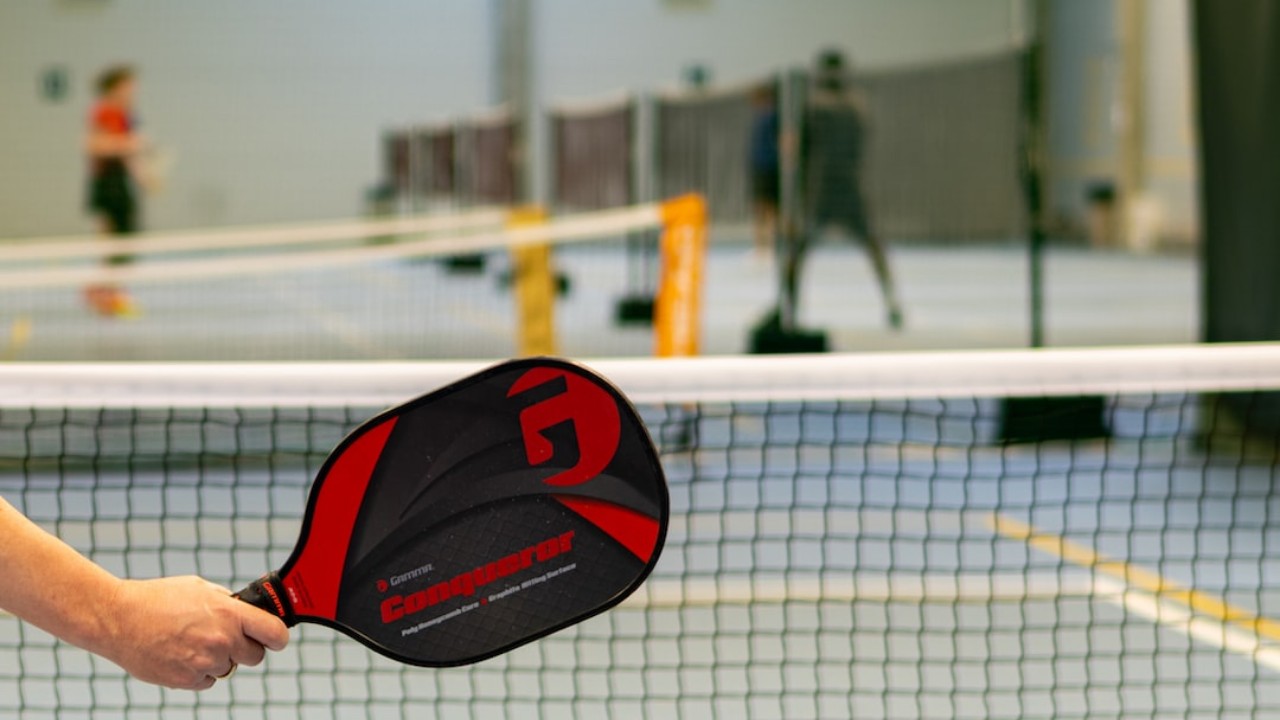Introduction
Pickleball, a sport that has seen remarkable growth in recent years, has evolved from casual games at local courts to highly competitive tournaments at regional, national, and even international levels. A specific set of rules and regulations govern tournament pickleball in order to ensure fair play and maintain the integrity of the game. In this comprehensive article, we will explore the essential rules and guidelines that shape tournament pickleball, from player eligibility to scoring and conduct, as well as the dynamic nature of the sport’s competitive landscape.
Player Eligibility
One of the fundamental aspects of tournament pickleball is ensuring that participants are eligible to compete. Eligibility rules are in place to maintain a level playing field and prevent any unfair advantages. Here are some key considerations:
- Age Groups: Tournaments often feature different age categories, ranging from junior divisions to senior divisions. This ensures that players of similar ages and skill levels compete against each other.
- Skill Levels: Skill-based categories, such as beginners, intermediate, and advanced levels, allow players to compete against those with similar abilities. This promotes balanced matches and fair competition.
- Membership Requirements: Many pickleball tournaments require participants to be members of recognised pickleball organisations, which helps maintain standardised rules and rankings.
Court and Equipment Specifications
The tournament courts and equipment adhere to specific standards to ensure consistency and fairness:
- Court Dimensions: Tournament pickleball courts follow the standard dimensions of 20 feet wide and 44 feet long. The net height remains consistent at 36 inches at the sidelines and 34 inches at the centre.
- Court Surfaces: Tournament courts may vary, but the surfaces are typically hard, such as asphalt or concrete. The court surface should be in good condition, free from cracks, and level to ensure fair gameplay.
- Equipment: Players must use approved pickleball paddles and balls. Paddles must meet specified criteria for size, weight, and surface material. Balls should be designed for pickleball play.
Rules of Play
Tournament pickleball follows the same basic rules as recreational play, but with certain nuances that maintain fairness and uniformity:
- Serving: The serve must be made diagonally, starting from the right-hand side and moving to the opponent’s right-hand service court. It should clear the non-volley zone and land within the boundaries of the opponent’s service court.
- Scoring: In many tournaments, games are played to 11 points, and players must win by at least two points. Some tournaments, especially at the professional level, may use a rally scoring system where every point counts, whether serving or not.
- Non-Volley Zone (Kitchen): The non-volley zone rules apply as in recreational play. Players are not allowed to volley the ball while standing in this area.
- Line Calls: Line calls should be made honestly. Players are encouraged to call balls “in” or “out” accurately. In cases of disputes, the referee or the tournament’s guidelines should be followed.
Conduct and Sportsmanship
Maintaining a high level of sportsmanship is paramount in tournament pickleball.
- Respect for Opponents: Players should respect their opponents at all times. This includes fair play, handshakes or paddle taps before and after the match, and refraining from unsportsmanlike behaviour.
- Timeouts: Players are generally allowed a limited number of timeouts per game to rest and strategize. These should be used respectfully and not to disrupt the flow of the game.
- Disputes: Disagreements or disputes should be handled calmly and respectfully. If necessary, referees or officials should be called to resolve the issue.
- Code of Conduct: Many tournaments have a specific code of conduct that players must adhere to. Violations can result in warnings, point deductions, or even disqualification.
Click here to read: A Ray of Hope: Migraine Homeopathy Treatment Unveiled
Tournament Format
Tournament formats can vary widely, but the following are some common structures:
- Round Robin: In this format, players or teams compete against everyone in their group. The player or team with the best overall record is declared the winner.
- Double Elimination: This format provides players with a second chance after losing a match. Players are eliminated from the tournament only after two losses.
- Single Elimination: Players or teams are eliminated after a single loss, making this format more intense and faster.
- Knockout Stages: In larger tournaments, a knockout stage may follow the initial round-robin or group stage. Players compete in a single-elimination format to determine the ultimate champion.
Conclusion
Tournament pickleball is an exciting and dynamic sport that has captivated players and fans alike. The rules and regulations governing tournament play are designed to ensure fair competition, uphold the integrity of the game, and foster a community of sportsmanship and respect. Whether you’re a seasoned competitor or a newcomer to the tournament scene, understanding these rules is crucial for a successful and enjoyable pickleball experience. As the sport continues to grow, the competitive landscape of tournament pickleball promises even more thrilling action, camaraderie, and championship moments for players and spectators alike.



